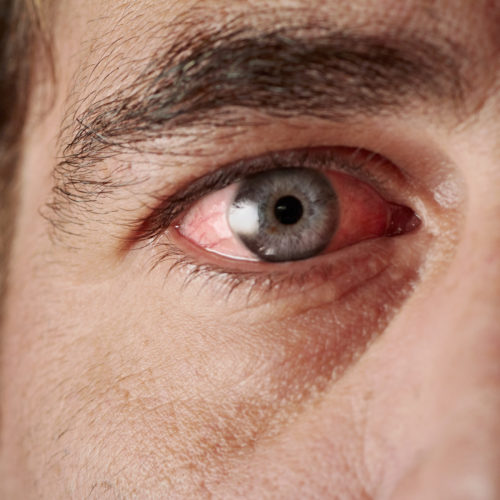Ora, Inc websites use cookies. By continuing to browse the site you are agreeing to our use of cookies. For more details about cookies and their use, please see our Privacy Policy.
What is Allergic Conjunctivitis?
Allergic conjunctivitis is the inflammation of the front of the eyes caused by allergies. There are two types of allergic conjunctivitis: seasonal allergic conjunctivitis and perennial allergic conjunctivitis.
Seasonal allergic conjunctivitis: occurs as a result of outdoor environmental triggers, usually in Spring and Summer months (IE. pollen, grass).1
Perennial allergic conjunctivitis: occurs as a result of indoor triggers, such as pet dander and dust.1 Can occur year-round.
Signs & Symptoms
- Itching
- Redness
- Burning
- Swollen eyelids
- Watery eyes/discharge
- Blurred vision1




